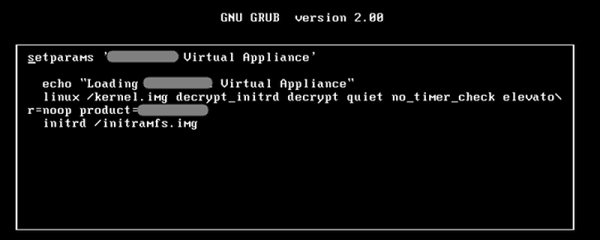Bug reporting doesn’t usually have a lot of visuals. Not so with the visionOS bug [Ryan Pickren] found, which fills a user’s area with screeching bats after visiting a malicious website. Even better, closing the browser doesn’t get rid of them! Better still? Doesn’t need to be bats, it could be spiders. Fun!
The bug has been fixed, but here’s how it worked: the Safari browser build for visionOS allowed a malicious website to fill the user’s 3D space with animated objects without interaction or permission. The code to trigger this is remarkably succinct, and is actually a new twist on an old feature: Apple AR Quick Look, an HTML-based feature for rendering 3D augmented reality content in Safari.

Leveraging this old feature is what lets an untrusted website launch an arbitrary number of animated 3D objects — complete with sound — into a user’s virtual space without any interaction from the user whatsoever. The icing on the cake is that Quick Look is a separate process, so closing Safari doesn’t get rid of the pests.
Providing immersive 3D via a web browser is a valuable way to deliver interactive content on both desktops and VR headsets; a good example is the fantastic virtual BBC Micro which uses WebXR. But on the Apple Vision Pro the user is always involved and there are privacy boundaries that corral such content. Things being launched into a user’s space in an interaction-free way is certainly not intended behavior.
The final interesting bit about this bug (or loophole) was that in a way, it defied easy classification and highlights a new sort of issue. While it seems obvious from a user experience and interface perspective that a random website spawning screeching crawlies into one’s personal space is not ideal, is this a denial-of-service issue? A privilege escalation that technically isn’t? It’s certainly unexpected behavior, but that doesn’t really capture the potential psychological impact such bugs can have. Perhaps the invasion of personal space and user boundaries will become a quantifiable aspect of bugs in these new platforms. What fun.


















